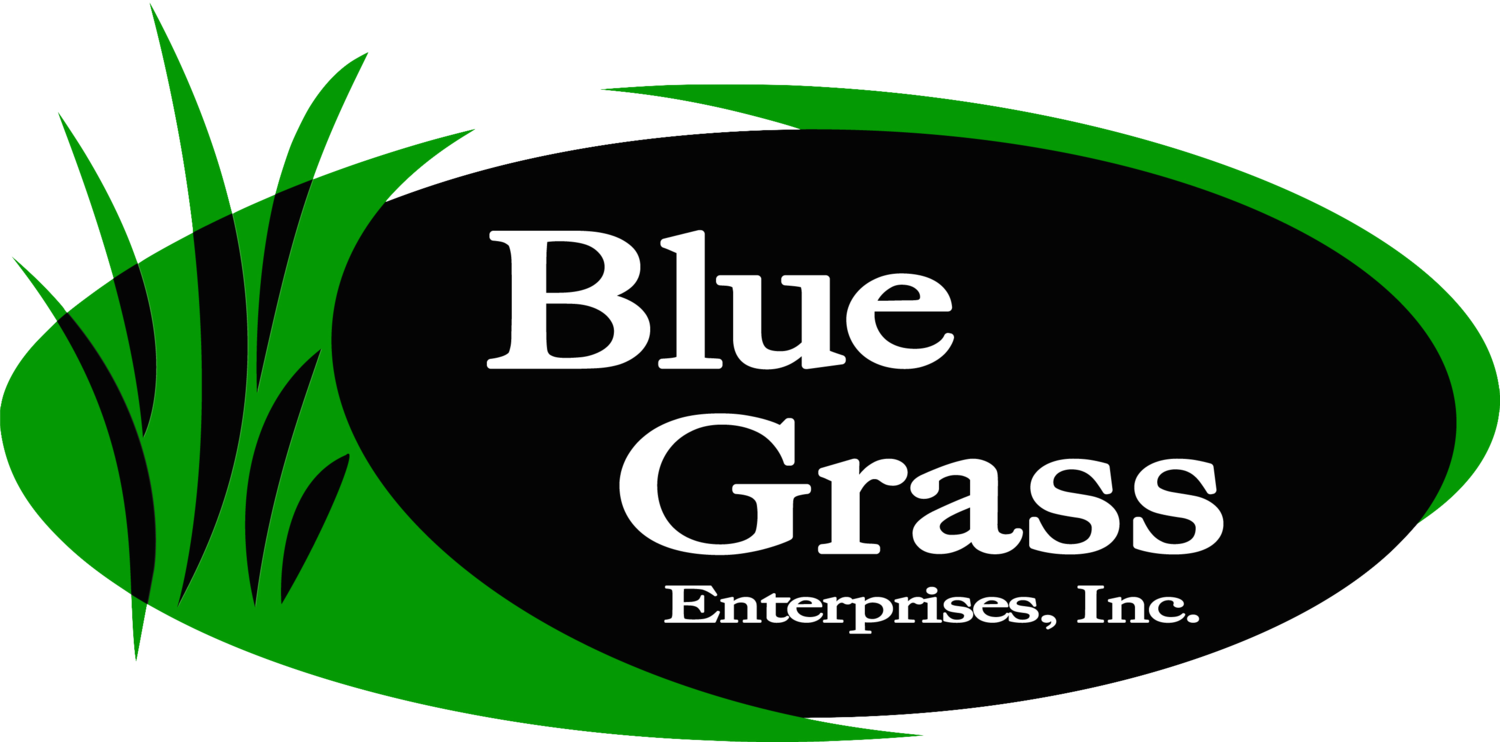Why are my shoes orange after I walk in my lawn!?
It’s August so you know what that means - rust season is here!
Rust on shoes - Photo credit for this and cover photo: Bob Keiffer (Thanks, Bob!)
In Iowa, rust tends to be a late summer lawn disease that affects many types of grasses (even corn!). Rust tends to affect juvenile lawns more regularly than mature lawns, but mature lawns can be susceptible too if conditions are right. The good news for owners of newly constructed lawns is that this is something you will likely only have to deal with for the first 1-5 years of your lawn’s (hopefully) very long life.
Rust is the Steve Urkel of lawn diseases.
Rust prefers the moderate temperatures of August and September in Eastern Iowa (65 - 85 degrees) and does especially well in dry conditions. Typically, rust is very easy to identify because your shoes or your lawn mower blades will be orange after walking through your lawn.
So how concerned should you be about rust? On a scale from “1 to PANIC”, I would give it a 2.5. At worst, rust will stunt the growth of your lawn more than usual, but it won’t do major damage. More than anything, rust is an unwelcome annoyance. In a way, rust is kind of like Steve Urkel of lawn diseases - it shows up regularly, is kind of weird lookin’, and the homeowners wish it would leave sooner than it does. (I realize I just dated myself by making this cultural reference, but I don’t care. It’s kind of a perfect analogy.)
How do I make rust go away!?
So how can you help your lawn grow out of a rust outbreak faster? 13-13-13.
Feeding your lawn well with a top-of-the-line starter fertilizer, rather than something high in Nitrogen that will produce heavy top growth, will help the lawn naturally come through the disease with flying colors. Remember to make sure that any feedings with 13-13-13 happen on cooler days (below 85 degrees) and should be accompanied by either rain or irrigation in the summer. You do not want any fertilizer just sitting when temps are high.
It may also be helpful to revisit your watering strategy. In general, we coach people to try to aim for the last zone of their irrigation system finishing as the sun is coming up because this maximizes your watering program with less evaporation. However, rust LOVES damp grasses at night. (Nothing is ever easy with plants, right?) Perhaps adjust your program to water deeply 2 or 3 days a week, rather than every day, thus providing ample time for the blades to completely dry in between.
In short, rust is not a big concern. But it IS an indicator that you could be managing your lawn nutrition or watering a little better (this is especially true if you have an older lawn but are still finding rust outbreaks with some regularity).
If you have an outbreak of rust, consider bringing us a soil sample so we can build you a custom feeding program for future growing seasons!



